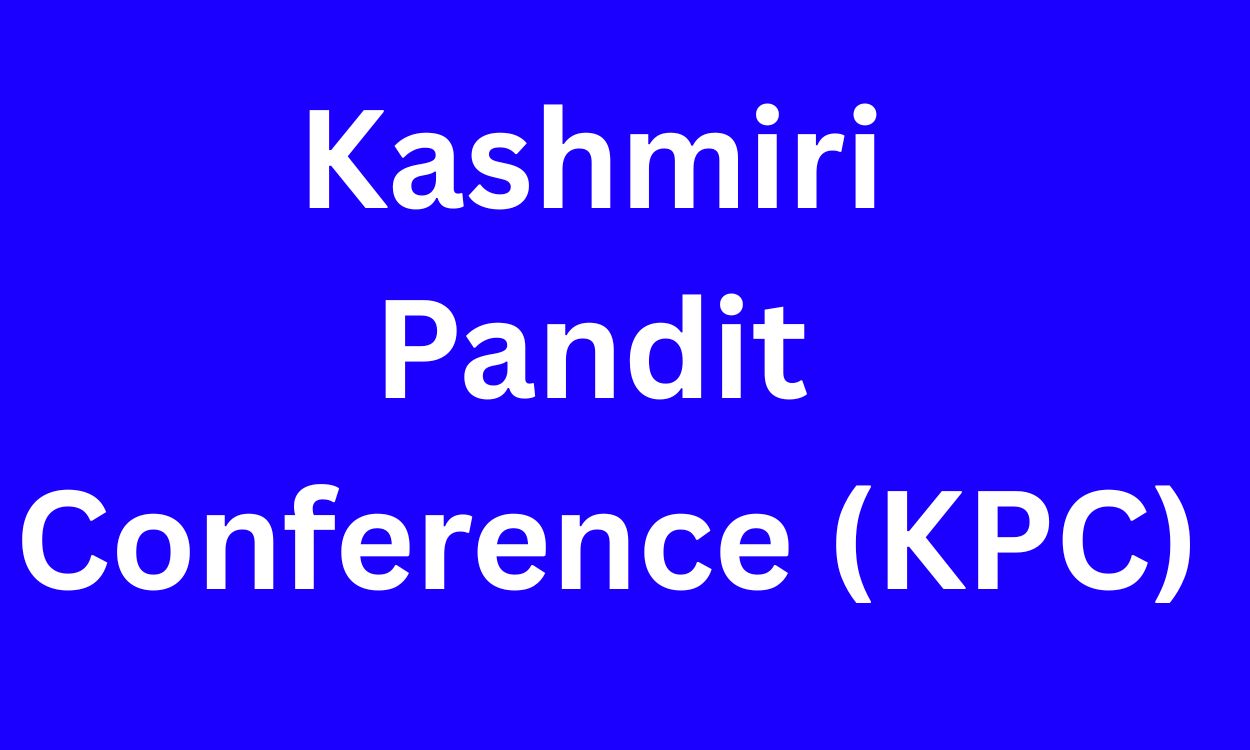“One Nation, Two Yardsticks? Probe for Phalgam Tourists killings,but Not for Kashmiri Pandit massacres, may Government reply and justify?”
The selective approach of the Indian government both the Union Territory administration of Jammu and Kashmir and the Central Government towards acts of terrorism in the Valley raises serious and unsettling questions, especially for the victimized and exiled Kashmiri Pandit community.
Recently, a high-level investigation was promptly launched by the National Investigation Agency (NIA) and other central agencies into the tragic Pahalgam tourist killings, in which 26 innocent civilians lost their lives in a brutal act of terror. This timely and strong response is commendable. Acts of terrorism must never go unpunished. However, while this swift action has drawn national and international attention, it also casts a harsh light on the glaring neglect of other equally horrific incidents—those involving Kashmiri Pandits who were massacreed ,targeted, killed, and driven from their ancestors land in one of the darkest chapters of India’s post-independence history.
There is a deep and disturbing silence regarding the massacres of Wandhama in 1998, Nadimarg in 2003, Sangrampora in 1997, Gool in 1997, and many other incidents that saw the systematic slaughter of Pandit men, women, and even children. Hundreds of assassinations of Kashmiri Pandit intellectuals, government servants, and common citizens occurred particularly in the early 1990s, yet not one of these has been brought to full and fair justice through comprehensive investigations or national-level prosecutions.
This raises fundamental questions. When pilgrims and tourists are killed, the State responds with urgency and strength. But when the original sons of the soil are exterminated from their ancestors land, justice is delayed indefinitely. Why this difference? Are Kashmiri Pandits not equal citizens of the Indian Republic? Is their blood, sacrifice, and pain not worthy of attention, justice, and institutional acknowledgement? These are not mere rhetorical questions born of emotion. They are legitimate and lawful concerns grounded in the Constitution and the idea of India.
Despite repeated appeals, protests, and representations from the Kashmiri Pandit community and its organizations over the last three and a half decades, not a single Special Investigation Team (SIT) has been constituted to probe the targeted killings. No Truth Commission has been formed to document the genocide, displacement, and systemic cleansing of Pandits from Kashmir. There has been no tabling of a white paper in Parliament or the Jammu and Kashmir Assembly, and no serious attempt to record the history of those dark years through a national lens of accountability. Eyewitnesses from Nadimarg, Wandhama, and Sangrampora continue to live in fear and obscurity, receiving neither protection nor justice. The absence of state action amounts to a second betrayal of a community already exiled from its roots.
The Constitution of India promises equality before law and equal protection of law to all citizens under Article 14. But in practice, when it comes to Kashmir, it appears that victims are categorized based on political relevance. Those cases that suit the State’s narrative or serve national or electoral optics are acted upon. Others, like the massacres of Kashmiri Pandits, are shelved or bypassed in the name of normalcy and peace-building.
This dangerous selectivity is not only unjust but corrosive to the democratic fabric of the nation. India cannot afford to ignore the pain of its own citizens or allow the blood of innocents to fade into silence without accountability. Justice cannot be a matter of convenience. If India claims to be a moral and constitutional democracy, then it must prove it by standing up for the truth, even when that truth is uncomfortable.
We, the displaced and suffering Kashmiri Pandit community, once again raise our collective voice and demand immediate constitution of an NIA-led / Judicial probe into the major KP massacres, beginning with Wandhama, Nadimarg, and Sangrampora. All intelligence and police records related to these cases must be declassified and brought into the public domain. There must be a formal parliamentary discussion and resolution acknowledging the genocide and displacement of Kashmiri Pandits. Above all, we seek justice not in words but through actual court proceedings, identification of the perpetrators, and their prosecution under the law of the land.
Though we, the victim community, are happy and welcome the government’s decision to initiate an investigation into the Pahalgam massacre through NIA and other central agencies, we are compelled to ask—why have similar steps never been taken for the massacres, loot, killings, and systematic destruction suffered by the Kashmiri Pandit community since 1989–90 and beyond? This is not merely a legal question; it is a test of the nation’s conscience.
History is watching. The youth of the country is watching. The world is watching. Let not the selective silence of institutions become the final verdict in this chapter of Indian democracy. The blood of the victim Kashmir Pandit innocents cries not for ceremonies or symbolic gestures but for real investigations, legal action, and final justice. Justice delayed is justice denied. But justice repeatedly denied is justice buried and the Indian Republic cannot afford to bury the truth of what happened to its own people in the land of Kashmir.
